Do polar bears no longer need saving?
New study offers ‘glimmer of hope’ for some polar bears – but with caveats
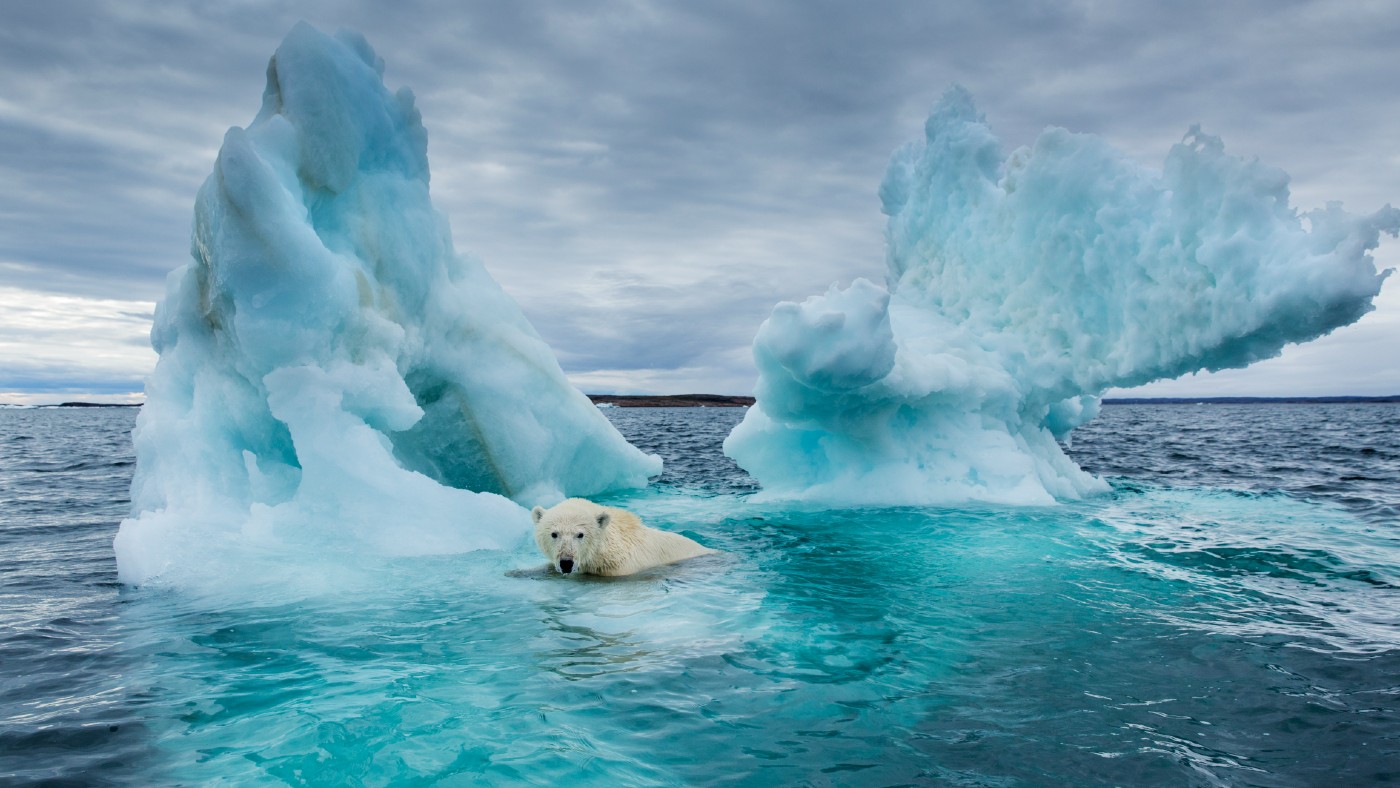
A free daily email with the biggest news stories of the day – and the best features from TheWeek.com
You are now subscribed
Your newsletter sign-up was successful
“Save the polar bears” has long been a mantra among the climate-conscious. But a new study has suggested that the Arctic mammals might not need our help quite as much as we once thought.
A team of researchers has discovered a unique population of polar bears who are surviving in southeast Greenland despite a lack of sea ice. They live in a region that is ice-free for more than 250 days a year, mimicking the conditions predicted for the rest of the Arctic by the end of the 21st century.
The fjords they call home should be “unlivable for polar bears”, said Scientific American, “but the southeastern bears seem to be managing surprisingly well without the sea ice”.
The Week
Escape your echo chamber. Get the facts behind the news, plus analysis from multiple perspectives.

Sign up for The Week's Free Newsletters
From our morning news briefing to a weekly Good News Newsletter, get the best of The Week delivered directly to your inbox.
From our morning news briefing to a weekly Good News Newsletter, get the best of The Week delivered directly to your inbox.
The team’s findings, published in the journal Science, provided “a glimpse into how Greenland’s bears may fare under future climate scenarios”, said Kristin Laidre, a polar scientist at the University of Washington who conducted the study.
Team faced ‘uphill battle’
Dealing with “volatile weather, a harsh coastline, almost no human settlements, and no spots for fuel or food”, Laidre and her team faced an uphill battle in southeast Greenland, said The Atlantic.
But they were able to collect enough data, including tissue samples, to find that the newly discovered bears had adapted to dwindling sea ice levels by hunting seals using chunks of freshwater ice broken off from Greenland’s glaciers, rather than sea ice.
“We wanted to survey this region because we didn’t know much about the polar bears in Southeast Greenland, but we never expected to find a new subpopulation living there,” said Laidre. “We knew there were some bears in the area… we just didn’t know how special they were.”
A free daily email with the biggest news stories of the day – and the best features from TheWeek.com
Offers ‘possibility of survival’
The study offers a “possibility that pockets of the species might survive despite rising temperatures”, said BBC News. It also answers one of the “big questions” asked by scientists: where will polar bears be able to “hang on” once the rest of the Arctic becomes uninhabitable?
But, said Laidre in an interview with The Atlantic, this doesn’t mean that polar bears are saved. “Like the Wrangel mammoths, they might outlast others of their kind, but they won’t hold out forever. Perhaps Southeast Greenland is simply the place where the polar-bear endling will live out its species’ final days.”
And although the study does offer a “glimmer of hope” for the future of some polar bears, it’s important to remember that habitats like southeast Greenland are “rare and likely to change with global heating”, said The Guardian.
Glaciers are subject to climate change and have been in retreat in recent years, with the ones in southeast Greenland no exception.
Lack of genetic diversity
As the bears are so isolated – and have been for “several hundred years” – they face further problems.
“Occasionally, there’s an immigrant that comes in and adds genetic diversity to the group,” said Laidre. “But because they are so geographically isolated, they don’t have a lot of genetic input from other polar bears from other parts of the Arctic.”
Inbreeding can prove dangerous over time and riddle the bears “with genetic problems”, added The Atlantic.
They are ‘not thriving’
Although these bears are "living at the edge of what we believe to be physiologically possible”, they “are not thriving”, said study co-author Beth Shapiro, an evolutionary molecular biologist at the University of California, Santa Cruz.
Thanks to slow reproduction rates and a small population of just several hundred, as well as glaciers being in retreat pretty much everywhere in Greenland, the long-term survival of this subpopulation of polar bears feels “highly unlikely”, Andrew Derocher, a researcher at the University of Alberta, told The Atlantic.
With just 26,000 individual polar bears left in the world, the best hope for the species is “strong action to limit human-caused climate change”, said Laidre.
-
 The Olympic timekeepers keeping the Games on track
The Olympic timekeepers keeping the Games on trackUnder the Radar Swiss watchmaking giant Omega has been at the finish line of every Olympic Games for nearly 100 years
-
 Will increasing tensions with Iran boil over into war?
Will increasing tensions with Iran boil over into war?Today’s Big Question President Donald Trump has recently been threatening the country
-
 Corruption: The spy sheikh and the president
Corruption: The spy sheikh and the presidentFeature Trump is at the center of another scandal
-
 US-China talks: can Biden mend ties with Beijing?
US-China talks: can Biden mend ties with Beijing?Today's Big Question Treasury Secretary Janet Yellen to use visit to ‘re-establish contact’ between world’s two largest economies
-
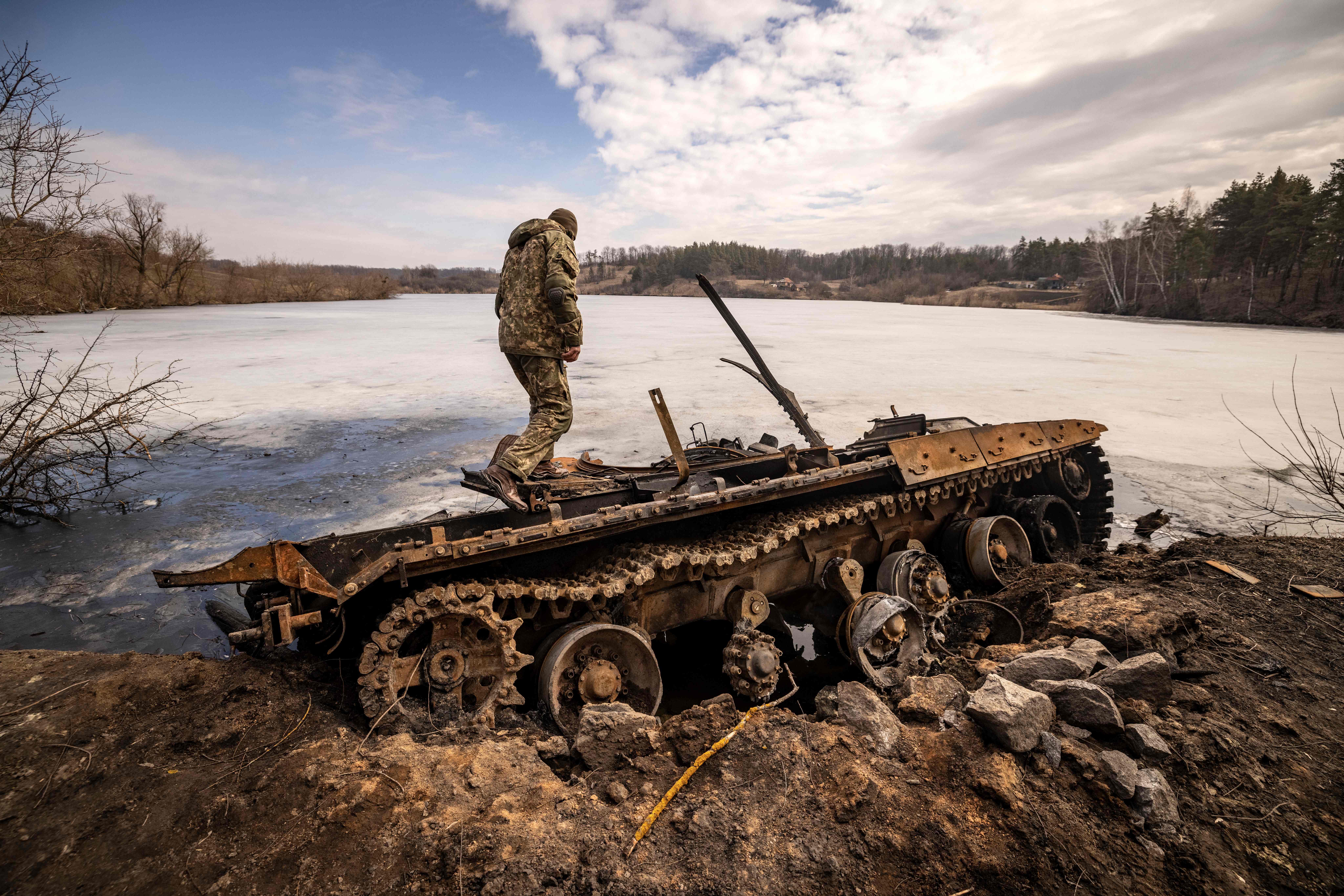 Can climate change lose Russia the war in Ukraine?
Can climate change lose Russia the war in Ukraine?Speed Read Russia's 'trump card' surprisingly took a major hit this winter
-
 The US state being ‘battered’ by ban on Russian oil imports
The US state being ‘battered’ by ban on Russian oil importsfeature Mainland America does not rely on Russian crude – but Hawaii does
-
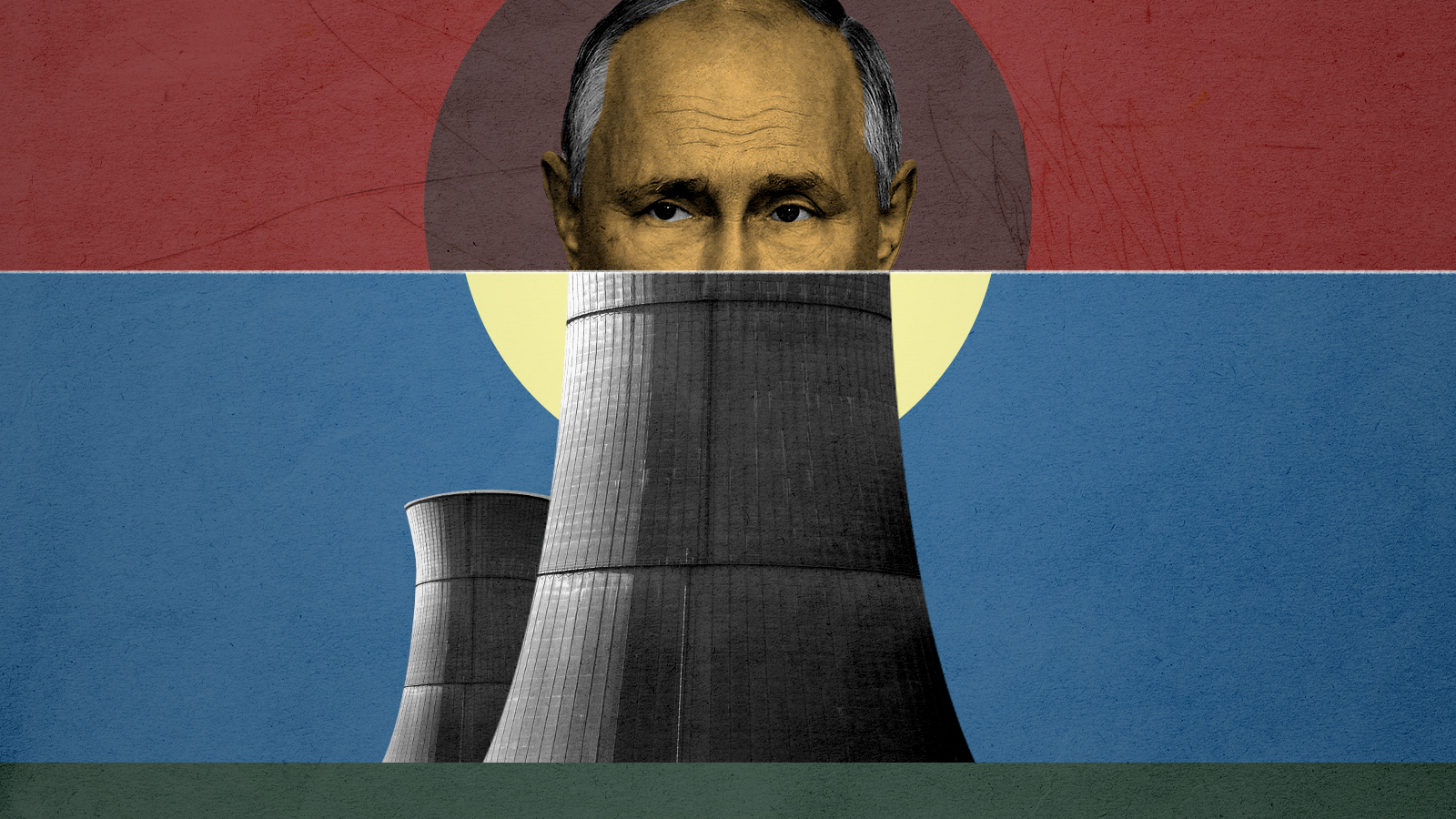 Could war in Ukraine be a deathblow for nuclear power?
Could war in Ukraine be a deathblow for nuclear power?Talking Point
-
 Kim Jong Un’s sister warns of US and South Korea ‘invasion’ plot
Kim Jong Un’s sister warns of US and South Korea ‘invasion’ plotfeature Kim Yo Jong says military rehearsals are ‘undesirable self-destructive act’
-
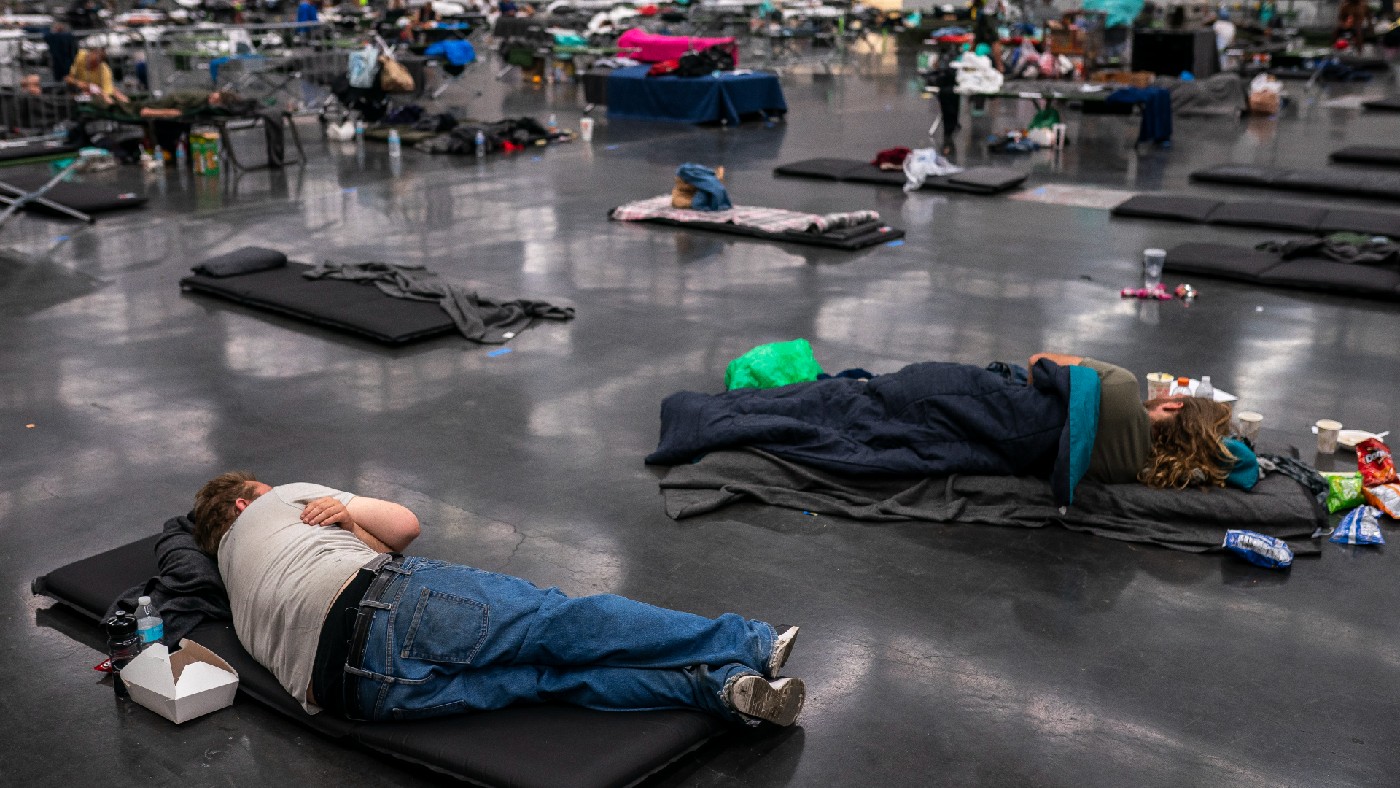 The ‘heat dome’: blistering temperatures in the Pacific Northwest should act as a wake-up call
The ‘heat dome’: blistering temperatures in the Pacific Northwest should act as a wake-up callSpeed Read People are used to hearing of record-high temperatures in desert states such as Nevada or Arizona, but not in verdant Washington and Oregon
-
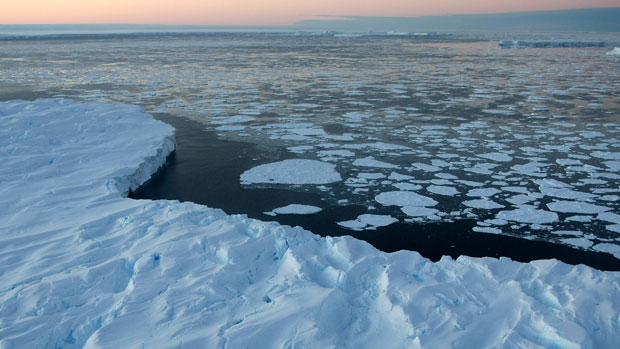 Scientists 'suppressed' paper over climate sceptic argument
Scientists 'suppressed' paper over climate sceptic argumentSpeed Read Researcher claims his paper was rejected because it might help climate sceptics advance their case
-
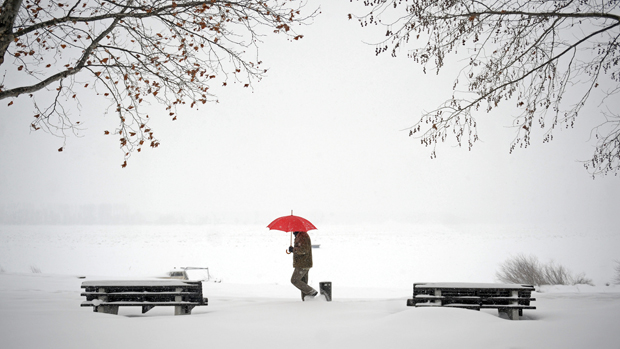 Melting Arctic ice is causing UK winters to get colder
Melting Arctic ice is causing UK winters to get colderSpeed Read New research suggests link between the Arctic melt and recent snowier winters